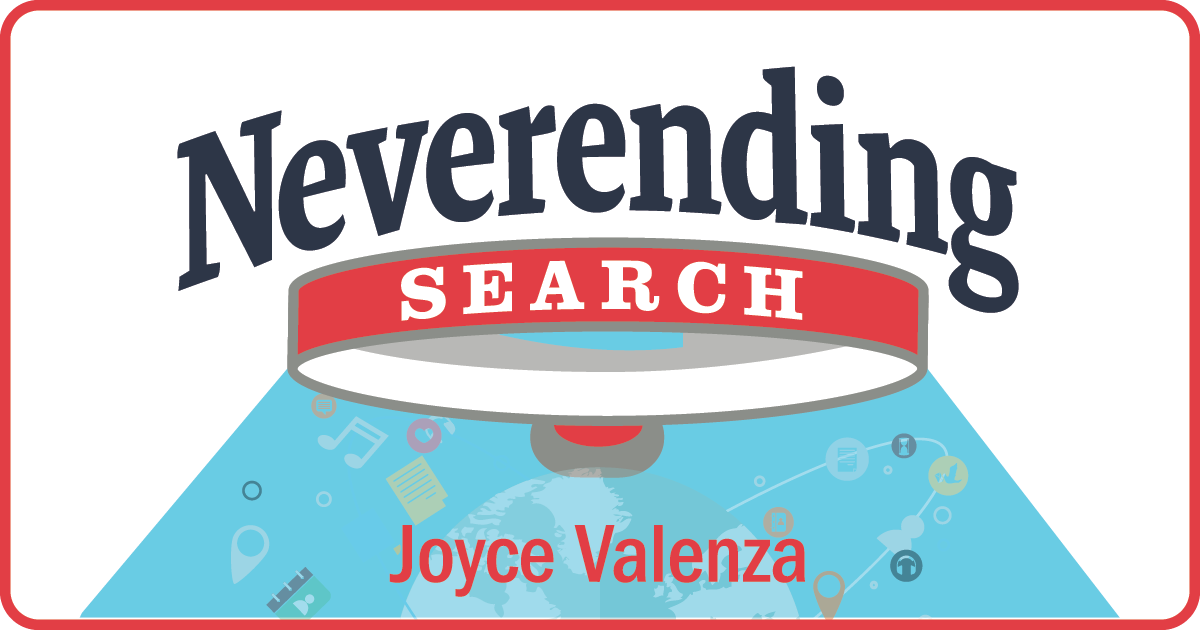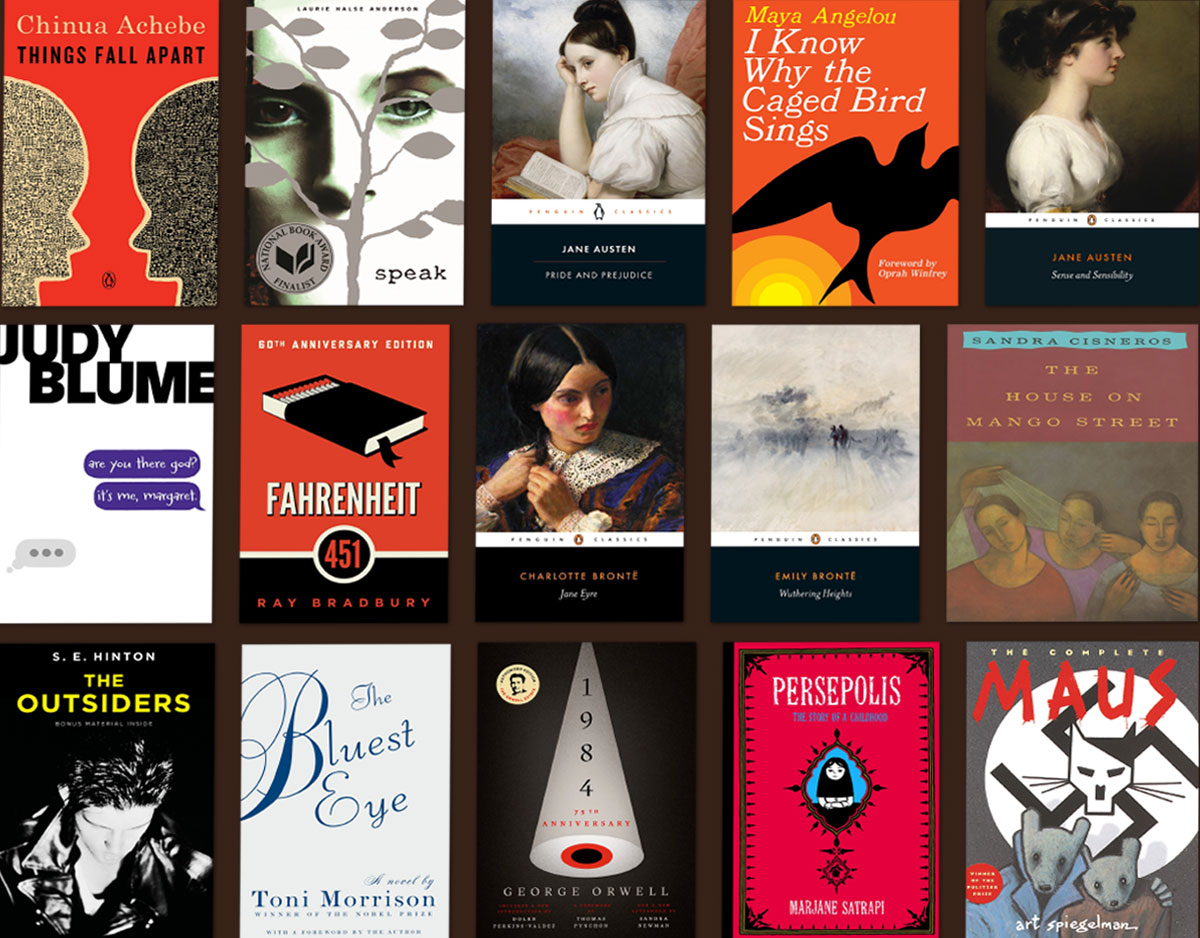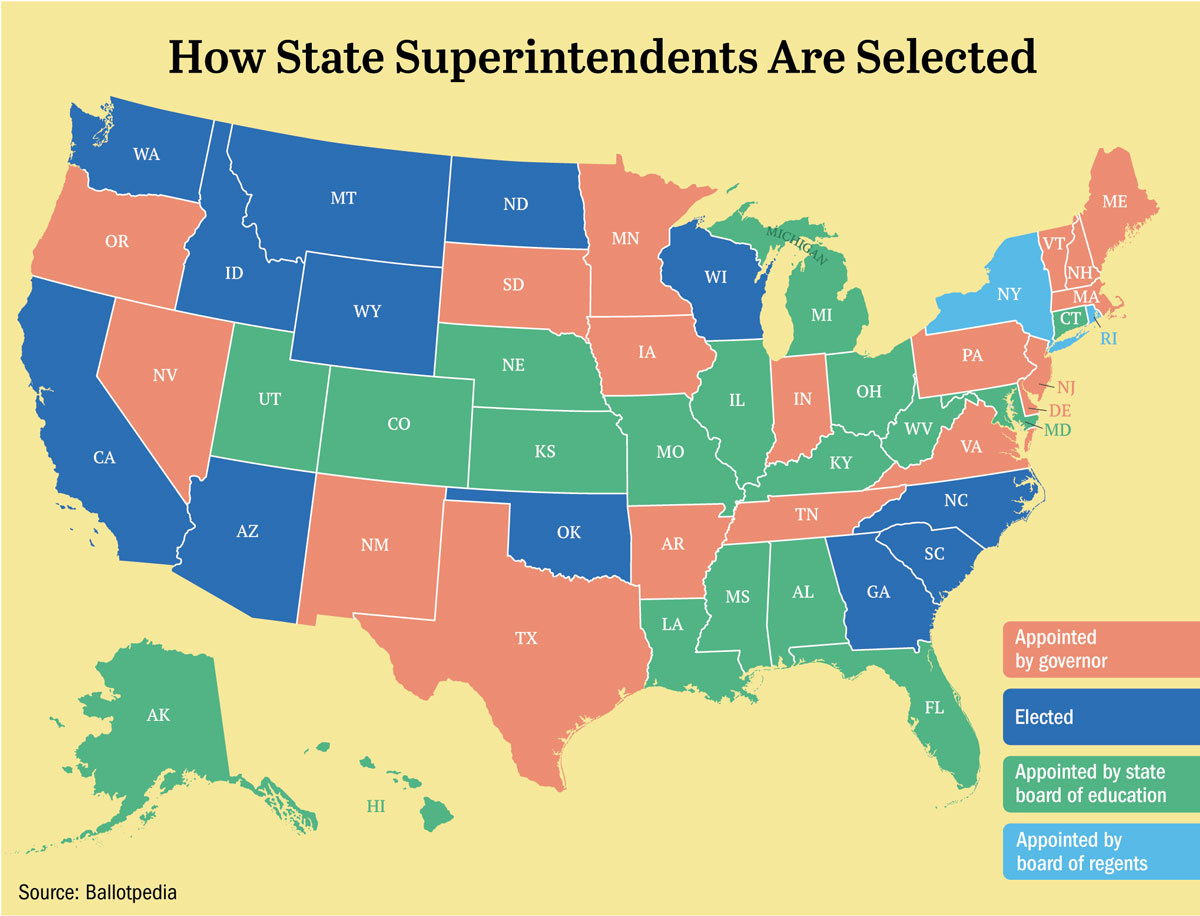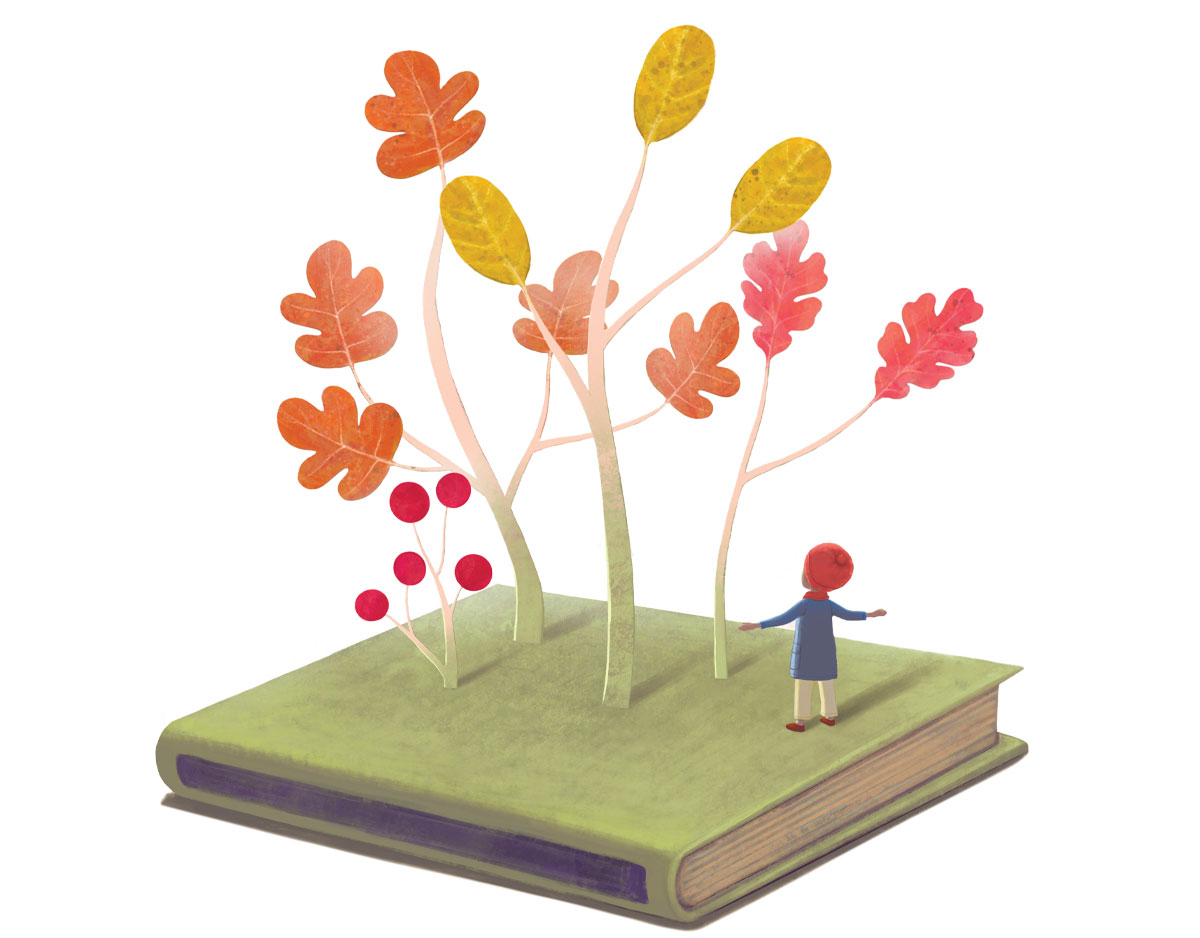SCROLL DOWN TO READ THE POST
Limitless Libraries: the value of rethinking, the power of community
 I recently spent a full day presenting workshops for the Nashville school librarians with my buddy Shannon Miller.
I recently spent a full day presenting workshops for the Nashville school librarians with my buddy Shannon Miller.
I expected to fall in love with the city. But I fell in love with it for an unexpected reason.
Nashville is a city that truly loves its libraries. And that love has a lot to do with its Limitless Libraries program.
Limitless Libraries is a cooperative program of Nashville Public Library and Metro Nashville Public Schools. The goals of the program are to improve school libraries, foster resource sharing, and improve student access to resources.
You can read much more about this innovative program initiated by Nashville’s mayor Karl Dean in 2008. (SLJ’s coverage includes Libraries with No Bounds by Tricia Racke Bengel, NPL’s Associate Director for Collections and Technology Services and Nashville Public Library Reinvents Its Summer Reading Model by Nashville Public’s Children’s Services Manager Lindsey Patrick.)
We talk a good talk about partnerships between public and school libraries. We don’t always walk that walk.
I’ve worked on both sides of the fence. I’ve participated in more than one of our profession’s Divisions.
 Over the years I’ve seen various degrees of territorialism, misunderstanding, and jealousy over limited resources, as well as misunderstandings of our different situations, contexts, and missions.
Over the years I’ve seen various degrees of territorialism, misunderstanding, and jealousy over limited resources, as well as misunderstandings of our different situations, contexts, and missions.
I saw something different in Nashville. It was all about rethinking. Rethinking resources, collaboration, division.
“We’re in a wonderful situation now, but it didn’t start out all roses,” shared Stephanie Ham, Metropolitan Nashville Public Schools’ Lead Librarian. “School librarians were scared of what could happen; public librarians were scared too. The program has done a good job working with the strengths of both groups of librarians and the input from the four high school librarians who led in the pilot program helped make it work.”
Stephanie offered a little more background. They began by looking at the collections in those four pilot schools. A transition to career academies, or Pathways, made it clear that those collections could not support the District’s new vision. The resources just weren’t there.
The team performed a collection analysis using Karen Lowe’s alignment method. The collections were in bad shape. They did a lot of weeding, making sure the collection met the needs of the schools’ current learning communities. And they got new books from Nashville Public Library.
Currently, two full-time collection development librarians at the public library work directly with the school librarians, relying on their input. Using NPL’s significant discounts, the collection development libraries process pre-pub orders for highly anticipated titles and the titles arrive at schools shelf-ready on the day of release.
You’d think that the school district would be so delighted by this generous collaboration that they’d respond by limiting funding for their school libraries.
Nope.
In order to participate in Limitless Libraries, schools must have certified school librarians and their own dedicated materials budgets. This budget can now be stretched to address local needs and to meet the need for digital resources. Limitless Libraries supplements the budget of participating schools; it does not replace it.
I asked Stephanie, why Nashville? Why is this particular city focusing on raising the status and impact of all of its libraries?
She responded:
1. We have a fantastic public system–two new branches are being built this year; we have a beautiful downtown library and 21 branch libraries. For a city the size of Nashville, that is pretty impressive.
2. We have strong support in the school district, thanks to an amazing team of school librarians who build a love of libraries from kindergarten to graduation so that students become lifelong library users. Students who experienced Limitless Libraries in their junior year are now adult library users. Their usage continued.
3. It’s largely about the leadership of both groups of librarians. Stephanie noted the importance of her team of coaches. The school district had academic district coaches who work in the buildings and receive a stipend. Stephanie advocated to extend to the program to the district’s libraries. She calls this team of coaches, who successfully completed an intense application process and were endorsed by their principals, rock star librarians. She loves to highlight their major leadership roles. We need to be a better job
of bragging on ourselves. (Shannon and I met and worked with these ladies and they completely wowed us too!)

I was pretty impressed by what I read and heard about, but during my visit two specific pieces of evidence truly moved me.
r Nashville’s library-loving leader
Kicking off the July 29th Limitless Libraries Conference, school librarian and coach Amanda Smithfield introduced mayor Karl Dean. I have never seen love like this for any public figure. The librarians of Nashville love their mayor and they gave him the most spontaneous standing ovation I have ever seen at any conference, ever.
 Amanda generously allowed me to share her introduction.
Amanda generously allowed me to share her introduction.ADVERTISEMENT
ADVERTISEMENT
I’m here today to introduce a very special guest. Karl Dean is the sixth mayor of metropolitan Davidson County. During his seven years (and counting) in office, Nashville has been increasingly recognized for its robust economy, low cost of living, innovative public safety initiatives, and high quality of life.
There is much to celebrate–in recent years, Nashville has had the strongest employment growth of any U.S. metropolis, and who can forget how quickly we recovered from the historic flood of 2010 – with the help of our neighbors and a well-coordinated effort of local, state, and national government?
It’s the best time to be a Nashvillian, y’all.
But as an educator and a librarian, I most admire Karl Dean for his deep devotion to education and libraries. During his 7 years in office, funding for Metro Schools has increased 29.5%. Public Libraries are open more hours, and in my backyard of Bellevue there’s a large and much-needed new branch being built.
This is particularly impressive when you consider the fact that, soon after Mayor Dean took office, the United States faced a serious economic downturn. During that time, many municipalities cut funding for public schools and libraries to the bone – branch libraries were shuttered, class sizes were increased dramatically, library hours were reduced, and school librarians were cut.
But this didn’t happen here in Nashville. Why?
Here, I have to tell you a story. You see, many students at Hume-Fogg ride the city bus to school and the Mayor also frequently rides the city bus. So my students frequently see him on the bus. When they tell me this, I always inquire as to how the Mayor spent his time. And the answer is almost always the same: he was reading a book.
You see, our Mayor is a bibliophile. As an avid reader and library patron, he knows what we as librarians certainly know: that, free and open access to all types of information by every person – no matter their income, religion, or race is a necessity if we are to remain a democratic society.
And, in an age of information abundance, people must have the ability to critically evaluate information- and who is better qualified to teach information evaluation than librarians?
So our Mayor gets it – if Nashville is going to continue to be a great city, it needs great libraries.
I don’t think there is any more quintessential program of his administration than Limitless Libraries. The idea is simple – by facilitating communication and collaboration between public and school libraries–everyone’s a winner. In my own library, I’ve seen checkout quintuple in three short years.
So today our Mayor has taken time out of his busy schedule to be with us. Please join me in welcoming our Mayor, Karl Dean.
 2. Rethinking the summer reading program–launching a Summer Challenge
2. Rethinking the summer reading program–launching a Summer Challenge
I also spoke with Nashville Public’s Lindsey Patrick who presented a Summer Challenge update for the school librarians at the conference. Lindsey is Manager of Children’s Services downtown, and oversees the Challenge.
It continued through first week of school, emphasizing the program’s partnership. (As a former public librarian, I don’t recall any connection with corresponding school librarians other than marketing my summer program during the last weeks of school.)
Lindsay shared,
We are still excited about Limitless Libraries and continue to discover new ways to take advantage of this partnership.
This year, we refocused our energy for the summer reading program to where it should be – on the children we weren’t seeing in our libraries – for whatever reason. We knew the kids were in school in May and back again in August – but where were they all summer if they weren’t in our libraries? We found some in summer camps and day cares, but where were the ones we were missing? That weren’t in a formal summer program? Who else could help us reach those children?
Thanks to Limitless Libraries, we know someone in every single school in the district who is as determined to keep children reading during the summer as we were: the school librarians.
This year, the school librarians put our Summer Challenge logs in the hands of students and told them: “bring this back to me at the end of summer with all of the spaces filled in and get a prize!” Then, in August, the most amazing thing happened: they did! We had 775 children turn in logs to their school librarians in August. While, that may sound like a drop in the bucket when you consider we registered over 22,000 people for our program this year, we focused on what that really meant: each 775 log represented a student that may not have had access to a library over the summer, but used our logs to keep their minds active.
Meanwhile, our public librarians focused intently on outreach, partnering with local organizations, including the parks and the local food bank’s summer feeding sites, as places where children went on foot during the summer. Shain Pounds, from the Main Library’s Children’s Department spent her summer giving away free, donated books and reading logs and was a weekly presence in the children’s summer, asking “What did you do this week?” “Did you like that book I gave you last week?” “Did you read to your little brother?” Her weekly presence was the highlight for the children and the organization according to the leaders at our partner organizations.
We also re-evaluated our incentives. The fact is that we will never have enough money to make those prizes as exciting as kids (and adults) want them to be. This time, participants collected points and we set goals for each branch. If the branch reached its point goal, they got an end-of-summer party. We used a flask with percentage increments to demonstrate progress.
It worked! The Challenge appealed to children’s desire to “collect” things and kept the kids reading all summer long. But the reach extended beyond kids, the program was open to participation from all ages, encouraging whole-family participation. We set a challenging, but realistic citywide goal of 500,000 points. If we reached it, we planned to offer a fine amnesty week for the Summer Challenge participants. We had a huge number of adult participants. Points were based on literacy, artistic, and community activities not just traditional book reading. We were trying to engage children’s minds during the summer in a variety of learning activities. We ended up with participants earning over 900,000 points.
Last week, we spent many hours wiping fines and it felt great. Over 800 children and teens that couldn’t check out books because their fines put them over our limit can now check out books again.
We were prepared for complaints – anyone in the public service field has to be – but we were overwhelmed with praise for the program from beginning to end.
Change can be scary, uncertain and terrifying. Suddenly, all of our collection became available to 82,000 kids in Metro Public Schools. Some of our staff worried that “our” books wouldn’t be there (on public library shelves) when kids needed them. No doubt, our collections would certainly be more heavily used; but isn’t that the point? I have worked for three other metropolitan library systems and I found myself staring at my beautiful shelves of pristine nonfiction books and thinking, “How can we get these in the kid’s hands?” Fast-forward to working for NPL, and pulling up to 300 non-fiction books a day just from our collection at the downtown library.
So are our shelves sitting empty? Nope. The geniuses behind the creation of Limitless Libraries saw this as a potential hazard and bolstered “our” collections, specifically in curricular areas. We also created curriculum kits, sets of 25 books on one subject, based on heavily studied subjects. We focused on the Common Core, working to make sure we had a balanced nonfiction collection, but keeping the importance of fiction in the forefront.
Teachers can search online and order these curriculum kits for any of their units, and a kit–say on the American Revolution, planets, minerals, or habitats–will head out to the school. Educators get an extended check out of 6 weeks, as opposed to the normal 3-week check out for books.
I can’t say enough about how fortunate I am to work at Nashville Public Library. When I am asked what the future of libraries look like, I tell people about Limitless Libraries.
Thank goodness our mayor is a huge supporter of libraries and he envisioned a city in which all libraries thrive. This is an amazing idea, and we are only supporting each other. EVERYONE loves it: teachers, parents, school and public librarians, and especially (and most importantly) the kids.
On our Summer Challenge logs, we asked children to write down the name of their library – meaning their library branch or school library. At least 25 kids responded, “Limitless Libraries.” It’s pretty cool that they see our collaborative program as a brand.
So is Limitless Libraries a replicable model? Can the stars align in your town?
Filed under: collaboration, libraries, public libraries, school librarians, school libraries, social librarians, summer reading
About Joyce Valenza
Joyce is an Assistant Professor of Teaching at Rutgers University School of Information and Communication, a technology writer, speaker, blogger and learner. Follow her on Twitter: @joycevalenza
ADVERTISEMENT
SLJ Blog Network
The 2024 Ninja Report: Bleak
A Sequel Coming This Summer That You Won’t Want to Miss: Bob Shea Discusses His Latest
Review| Agents of S.U.I.T. 2
Read Rec Rachel: New YA May 2024
The Classroom Bookshelf is Moving
ADVERTISEMENT
ADVERTISEMENT






